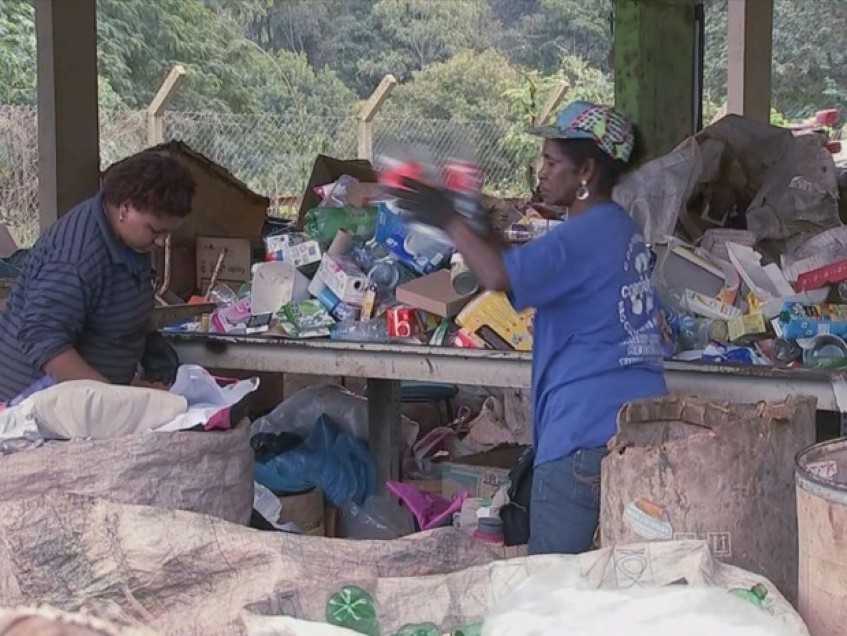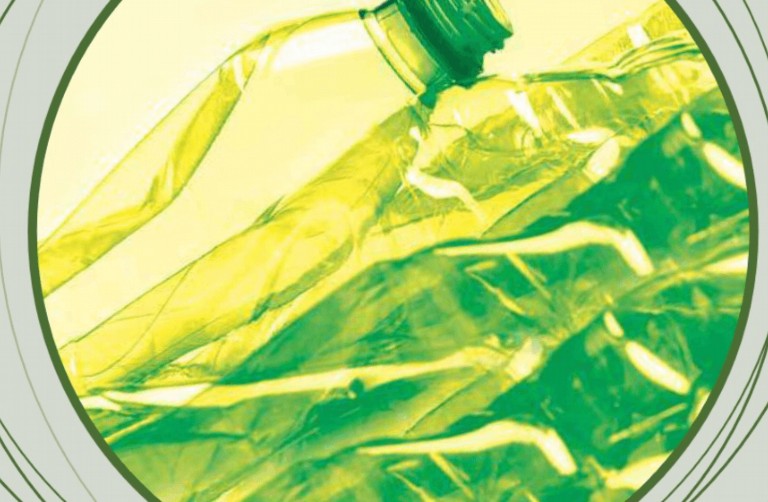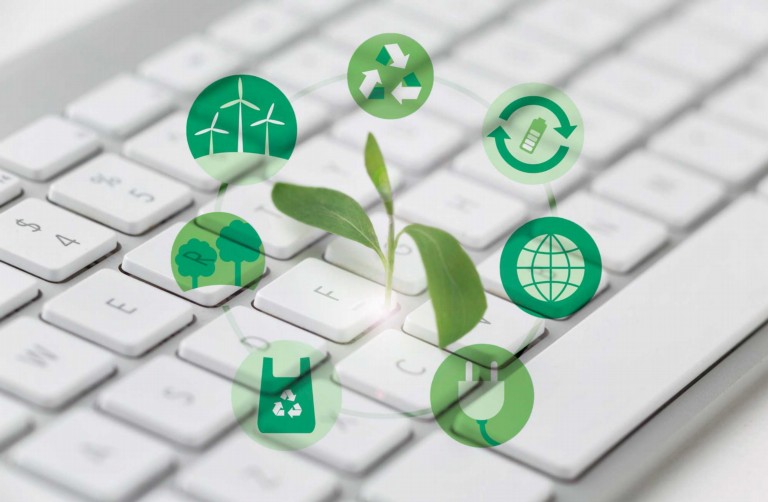
Each month, 60 tons of recyclables are separated by the cooperative members in Bauru. Recycling is an alternative to reduce the amount of waste in landfills.
One of the alternatives to reduce the amount of garbage on the streets and in landfills is recycling, but not all material that arrives at cooperatives is reused. This is because some people lack care when separating recyclables.
The restaurant owner in Bauru (SP) Osmar Polido Júnior every day separates materials that can be recycled. “There are a lot of cardboard boxes here that we bring from the supermarket to save bags, disposable soft drinks, cans, oil, are materials that go for disposal. We separate and store in garbage bags. Twice a week we donate to needy people or take it to the ecoponto ”, said Osmar.
Domestic waste is discarded outside the ecopoint in Bauru
Part of the materials received at the ecopoint is destined for the recyclable materials cooperative in Bauru, which operates in Jardim Redentor. Each month, 60 tons of recyclable material are separated by the members. But not everything that arrives at the cooperative is used. All cardboard, plastic and PET bottles, for example, which are not used because they have not been disposed of correctly, are sent to the landfill.
Valmir Rosa, president of the cooperative, said that if the population helped more, the landfill would be less overburdened and the members could have a higher income. "If we manage to separate about 60 tonnes per month today, we could increase that number if a better selected material came."
Ecopoints
Ecopoints are public areas for collecting small amounts of rubble (up to 1m³). In these places, the rubble must be separated by the generator under the guidance of the local employee. The ecopoints are open from 8 am to 12 pm and from 1 pm to 5 pm.
In ecopoints it is allowed to take small amounts of rubble (up to 1m³ every 120 days), wood, plastic, metal, glass, paper and cardboard, furniture and appliances. It is not allowed to take large quantities of construction debris (more than 1m³), household waste, hospital or health care waste (dentists, veterinary clinics, aesthetic clinics, etc.) and industrial waste.
Postado por Redação SEIBT


